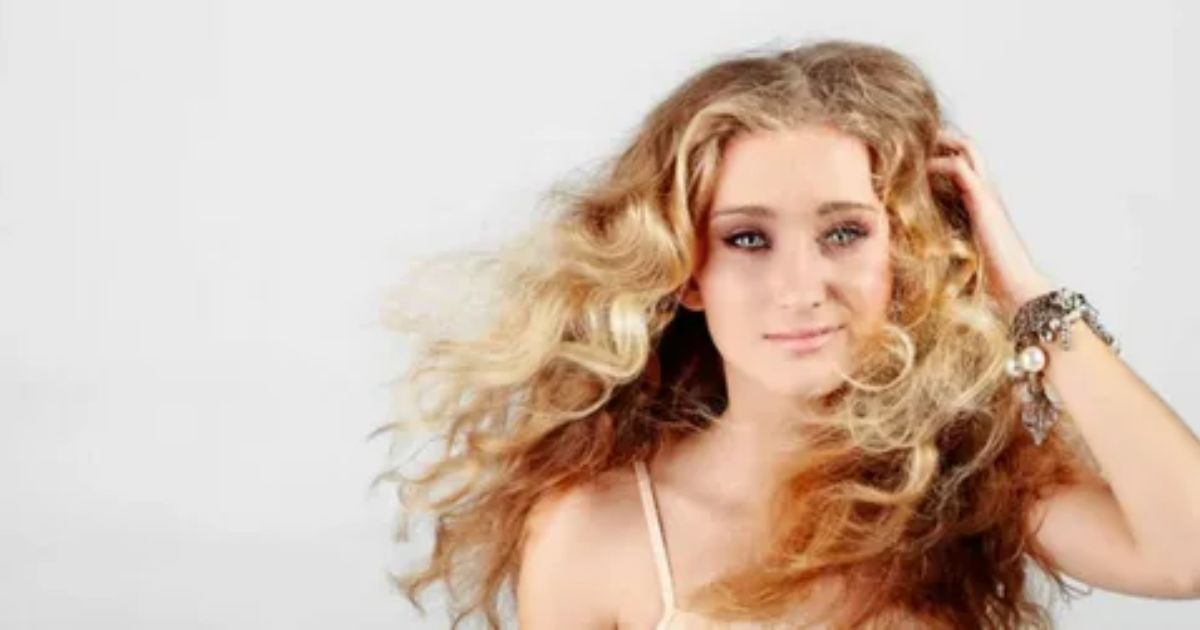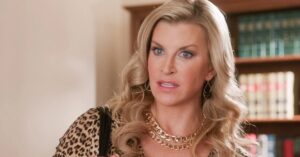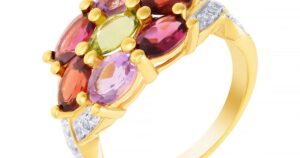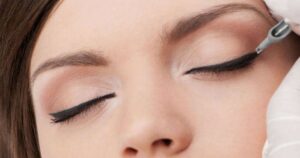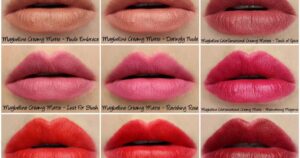white people can have curly hair. Hair texture is diverse and not exclusive to any specific ethnic group, so individuals of any background including white people can naturally have curly hair.
Going into the fascinating world of hair diversity as we unravel the common misconception Can white people have curly hair? Join us on a journey that celebrates the unique and varied textures that adorn individuals from all walks of life.
individuals of any race including White people can have curly hair. Hair texture is determined by genetics, and diverse genetic factors contribute to a range of hair types including straight wavy and curly irrespective of racial background.
White People Have Curly Hair you be fully white and have curly hair
Absolutely, individuals who are fully White can indeed have curly hair. Hair texture is primarily determined by genetic factors, and various genes contribute to the diversity of hair types. While straight hair is more common among people of European descent, it’s essential to note that there is considerable variation within any ethnic group. In the case of Irish people, hair textures can range from straight to wavy and even curly. Therefore, having curly hair is not exclusive to any particular ethnicity, including those of Irish descent. The question Do Irish People Have Curly Hair? is relevant to discussions about this diversity.
there is still a significant variation within this group, and many White individuals naturally have curly or wavy hair. Just like any other ethnic or racial background the presence of curly hair in a fully White person is entirely normal and reflects the natural genetic diversity within the population.
Genetic Basis of Hair Texture
Explore the genetic factors that determine hair texture and how various genes contribute to the diversity of hair types. Understand the mechanisms that result in both straight and curly hair among individuals of European descent.
Diversity in Hair Types
Discuss the wide range of hair textures within the population of individuals who are fully White. Highlight the misconception that straight hair is the only prevalent type emphasizing the natural variability in curl patterns and textures.
Curly Hair in European Descent
Counter the stereotype that associates only certain ethnicities with curly hair by providing evidence and examples of individuals of European descent with naturally curly hair. Showcase the natural diversity within this group, challenging preconceived notions.
Environmental and Lifestyle Factors
Explore the role of environmental and lifestyle factors in influencing hair texture. Discuss how factors such as climate hair care practices and styling routines can impact the appearance and curl pattern of hair, even within the same genetic background.
Cultural Perspectives on Hair
Examine cultural perceptions and societal attitudes towards different hair textures. Address the importance of embracing and celebrating diverse natural hair types, promoting a positive narrative that counters stereotypes and fosters inclusivity.
Do Arabs have curly hair
Arabs like any other ethnic group display a diverse range of hair textures. While straight hair is common among many Arabs curly hair is also prevalent in the population. The variation in hair types is influenced by genetics and individual characteristics can differ widely within the Arab community.
Just like people from any other region Arabs can have straight wavy or curly hair reflecting the natural diversity found within the broader human population.
Can white people have type 4 hair
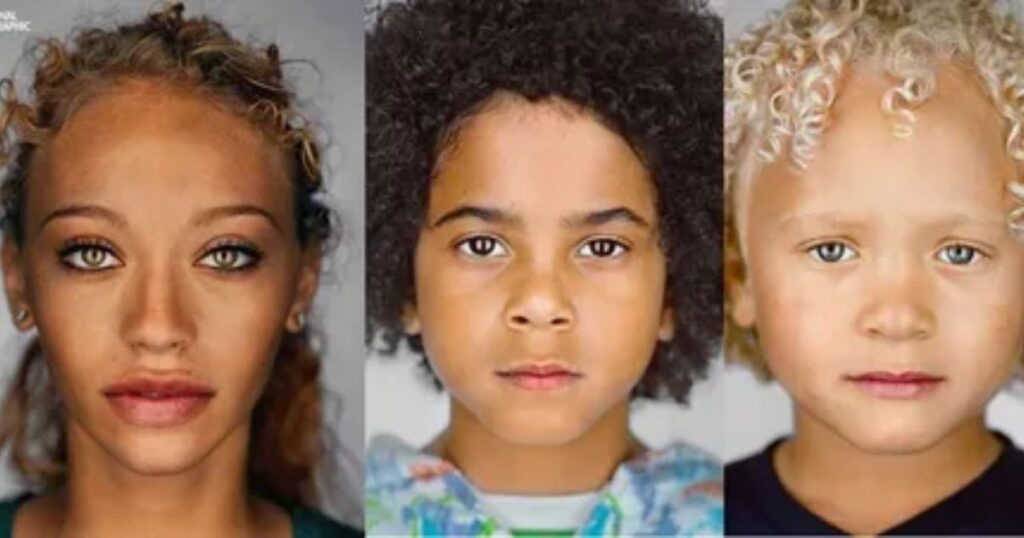
Certainly! hair is Type 4 commonly associated with Afro-textured hair and is characterized by tight curls or coils. While this hair type is more prevalent among individuals of African descent it’s essential to recognize the diversity within any racial or ethnic group.
Some White individuals may have mixed ancestry and as a result it’s possible for them to have type 4 hair or a combination of different hair textures.
Ultimately hair texture is influenced by a complex interplay of genetics, and it can vary widely within any racial or ethnic category highlighting the richness and uniqueness of human diversity.
Understanding Type 4 Hair
Overview of Type 4 hair and its association with Afro-textured hair.
Description of the tight curls or coils that characterize this hair type.
Cultural Significance
Recognition of the cultural and ethnic significance of Type 4 hair, particularly among individuals of African descent. Importance of appreciating and celebrating the diversity within racial or ethnic groups.
Hair Care Challenges
Addressing the unique challenges associated with caring for Type 4 hair. Discussing common issues such as moisture retention shrinkage and styling considerations.
Embracing Diversity
Promoting the acknowledgment of diverse hair textures within any racial or ethnic group.
Encouraging a positive and inclusive attitude towards various hair types and styles.
Celebrating Natural Beauty
Emphasizing the beauty of natural Type 4 hair and the importance of self-acceptance.
Exploring trends and movements that promote embracing and showcasing natural hair textures.
Curly hair percentage by country
The prevalence of curly hair varies across different countries and ethnicities. In general people with naturally curly hair are more common in populations with diverse genetic backgrounds.
Regions with a higher percentage of individuals from African Mediterranean or Indigenous backgrounds often display a greater incidence of curly hair. While specific percentages can be challenging to quantify these variations highlight the rich diversity in hair textures globally.
Embracing and celebrating the natural diversity of hair types is an essential aspect of appreciating the uniqueness within each cultural and ethnic group.
What European country has the curliest hair
Hair texture is not determined by a person’s nationality or the country they come from rather it is influenced by genetics. People of European descent can have a variety of hair types including straight wavy and curly hair.
The diversity in hair texture among individuals is a result of the combination of genetic factors inherited from their ancestors making it inaccurate to associate curly hair specifically with a particular European country.
Caucasian curly hair types
Caucasian individuals can exhibit a variety of curly hair types ranging from loose waves to tight curls. The texture of curly hair is largely influenced by genetic factors and it can be shaped by a combination of genes inherited from both parents.
While some Caucasians may have naturally straight hair others may inherit genes that lead to the development of curls. Additionally environmental factors and hair care practices also play a role in determining the appearance and health of curly hair making it a unique and diverse aspect of individual identity within the Caucasian community.
Caucasian curly hair care
Caring for Caucasian curly hair involves gentle cleansing with sulfate-free shampoos and using moisturizing conditioners to maintain hydration.
Regular trims help prevent split ends, and styling products specifically designed for curly hair can enhance and define the natural curls.
Additionally air-drying or using a diffuser on a low heat setting can minimize frizz and promote healthy, bouncy curls.
Genetic Factors in Curly Hair Variation
Explore the role of genetics in determining the curly hair types of Caucasian individuals.
Discuss how the combination of genes inherited from both parents contributes to the diverse range of curl patterns.
Understanding Curly Hair Texture
Examine the different textures of curly hair, including loose waves and tight curls, within the Caucasian population.
Investigate how environmental factors and lifestyle choices may also impact the overall texture of curly hair.
Inheritance Patterns and Family Traits
Discuss the inheritance patterns of curly hair traits in Caucasian families.
Explore how specific genes passed down from previous generations can manifest in various curl patterns.
Hair Care for Different Curl Types
Provide insights into the unique care requirements for various curly hair types among Caucasians.
Offer tips and recommendations for maintaining and styling loose waves, tight curls, and everything in between.
Cultural Perceptions and Diversity
Examine cultural attitudes towards curly hair within the Caucasian community.
Highlight the beauty and diversity of curly hair, challenging stereotypes and promoting acceptance of various curl patterns.
White person curly hair products
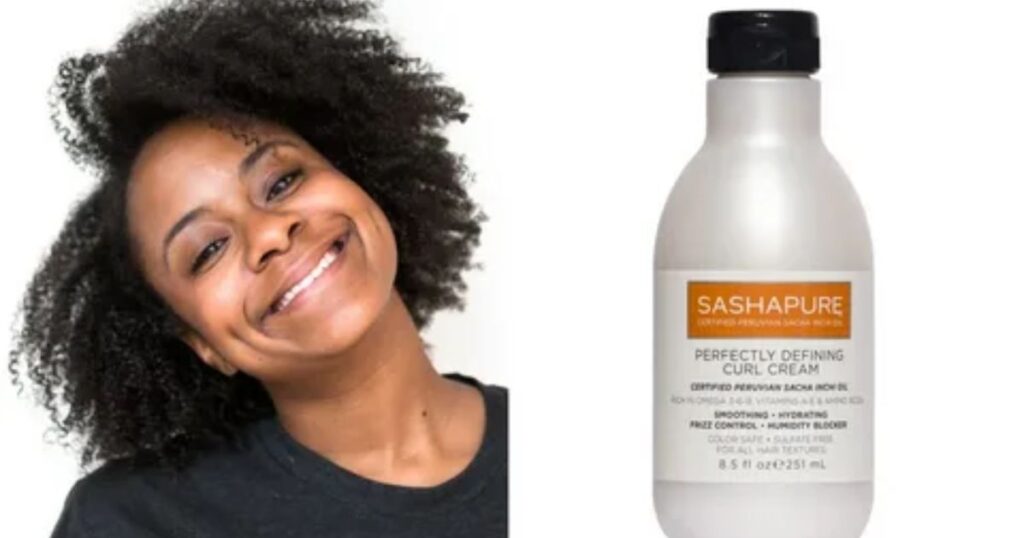
Curly hair products for white individuals cater to the specific needs of diverse curl patterns within the Caucasian community. Sulfate-free shampoos hydrating conditioners and leave-in treatments prioritize gentle cleansing moisture and frizz control.
Styling products aim to enhance curls without stiffness allowing for natural texture and bounce. Deep treatment masks address dryness and damage contributing to a market that embraces and celebrates the unique characteristics of white curly hair.
FAQ’S
Can white people naturally have curly hair?
Yes, white people can naturally have curly hair, as hair texture is determined by genetic factors that vary across individuals of all races.
What causes curly hair in white individuals?
Curly hair in white individuals is primarily determined by genetic factors influencing the shape and structure of hair follicles.
Do hair care routines differ for white people with curly hair?
Yes, hair care routines for white people with curly hair may differ, often involving products tailored for curly or textured hair, such as sulfate-free shampoos and moisturizing conditioners.
Can white people with straight hair develop curly hair over time?
While rare, changes in hormonal factors, health, or aging may contribute to the development of curls in white individuals with straight hair over time.
Are there challenges unique to caring for curly hair in white individuals?
Yes, managing frizz, maintaining moisture, and finding suitable styling products can pose unique challenges for caring for curly hair in white individuals.
Conclusion
the question of whether white people can have curly hair challenges conventional notions surrounding hair types and ethnic categorizations. The discourse on hair diversity reveals that curls are not limited to any specific racial group, dismantling stereotypes that may suggest otherwise. While straight hair is often associated with individuals of European descent, the reality is that genetic variation can result in a wide spectrum of hair textures, including curls.
It is essential to recognize and celebrate this diversity as it contributes to a more inclusive understanding of beauty and individuality. Embracing the idea that curly hair is not confined to any particular racial or ethnic group fosters a more nuanced appreciation for the intricacies of human genetics. By acknowledging the potential for white individuals to have curly hair, society can move towards a more inclusive and accepting perspective that values the uniqueness of each person’s genetic heritage and challenges preconceived notions about beauty standards based on hair texture or racial background. Ultimately, embracing the diversity of hair types encourages a more holistic appreciation of humanity’s rich genetic tapestry.

Matthew, an expert with 10 years of experience, is the author behind curlyhairabout.com, sharing valuable insights on curly hair care.
